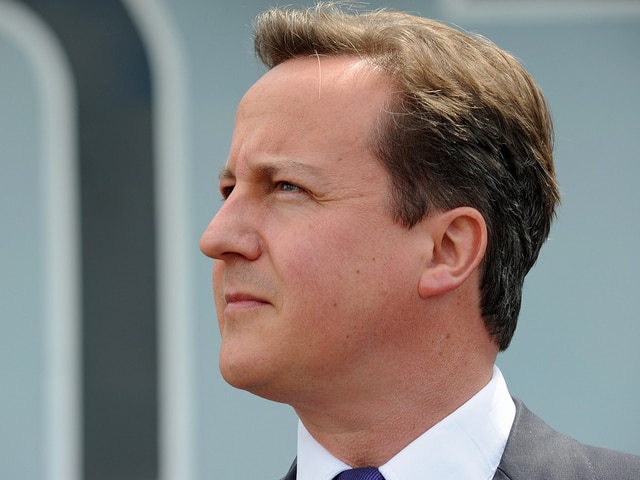People are “fed up with so many wind farms being built”, Prime Minister David Cameron told the House of Commons Liaison Committee yesterday, saying “enough is enough”.
The prime minister called for an end to onshore wind subsidies, saying that Britain does not need any more subsidised turbines.
The renewable energy source is now capable of providing 10 per cent of the country’s energy and “that is enough, in my view”, Cameron told MPs.
Cameron’s remarks appear completely at odds with public opinion. The latest polling by the government’s own Department of Energy and Climate Change confirms 67 per cent of people support onshore wind.
His comments also represent a remarkable u-turn just four months ahead of the general election when compared to his 2010 election pledge to be the “greenest government ever”.
“Nowhere are long-term decisions more needed than actually in the fields of energy and climate change and environment,” he said just days after being elected prime minister, promising that the environment was a top priority: “I mean that from the bottom of my heart.”
Green Group ‘Religiosity’
During the committee hearing, Cameron also laid into green groups, claiming they opposed fracking “simply because it’s gas … and they can’t bear the thought of another carbon-based fuel rearing its ugly head”.
“They’re opposing [fracking] with a religiosity which I think is, frankly, wrong”, he continued, adding that he would be “very happy” if fracking were to occur in his constituency.
In the end, Cameron argued, the debate on fracking will be won or lost once we’ve started the process “and people can see, as I believe it can be done, that this can be done without environmental problems and can have benefits for communities and not just benefits for industry but also potentially some environmental benefits”.
Redacted Report
But as Department of Environment, Food and Rural Affairs committee chair Anne McIntosh pointed out, the prime minister is asking the public for their trust, “so why is the shale gas rural economy impacts report so heavily redacted?”
Cameron dodged the question of whether he will publish an unedited copy, claiming he hasn’t seen the redacted March 2014 report.
He also surprised some with his claims that fracking wasn’t subsidised: “We are not subsidising fracking with a guaranteed pence-per-kilowatt hour … It’s a nascent industry. We are not giving it a subsidy, we are just saying effectively that there should be a tax regime on this industry that encourages it to get going.”
Craig Bennett, of Friends of the Earth, told the BBC: “Fracking is so unpopular, while renewable energy enjoys massive public support. The prime minister is backing the wrong horse.”
Photo: David Cameron via Flickr Creative Commons
Subscribe to our newsletter
Stay up to date with DeSmog news and alerts






